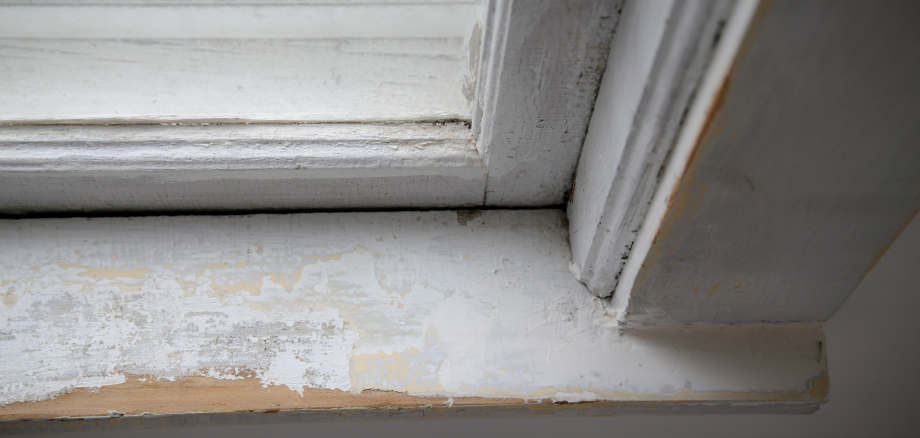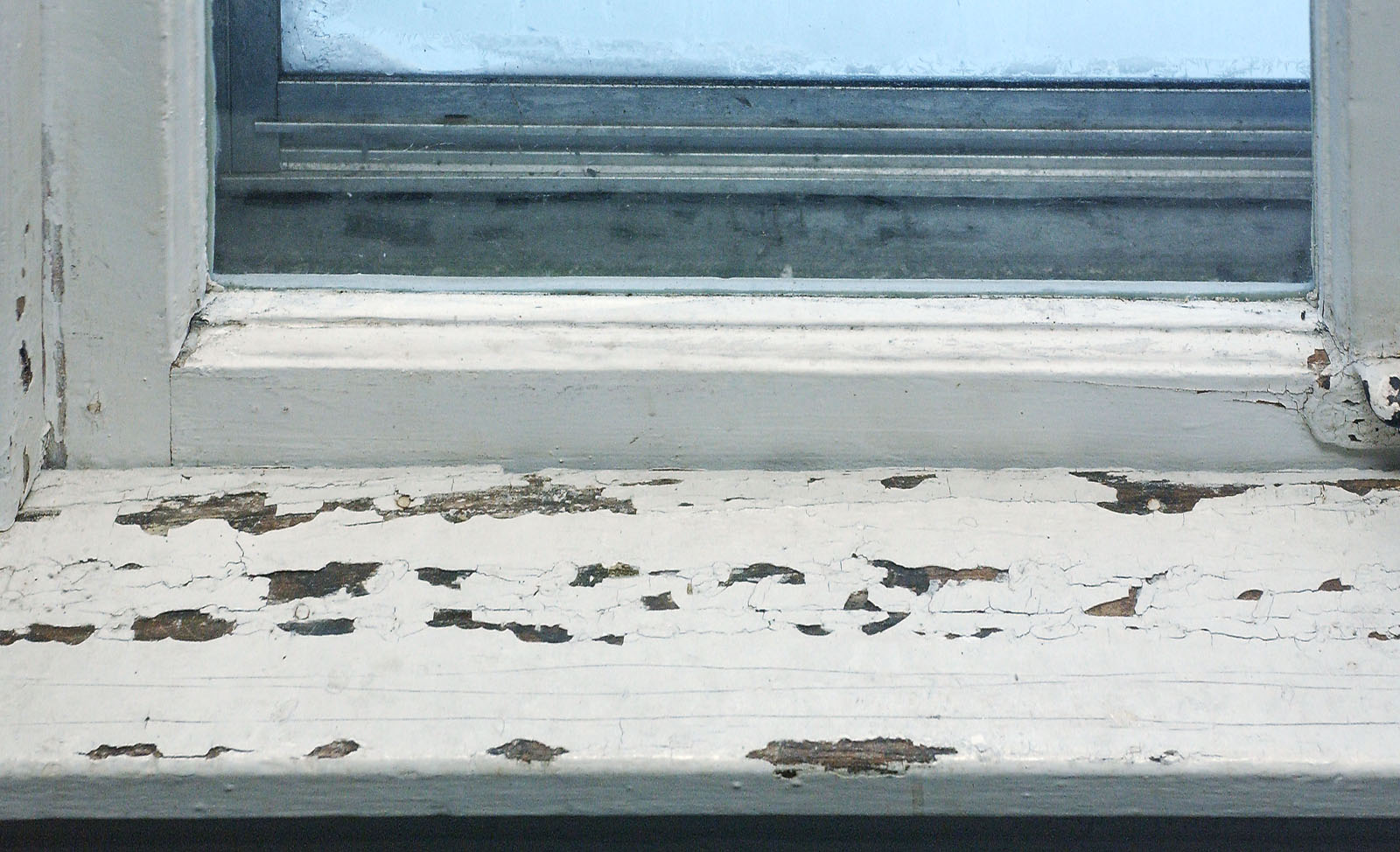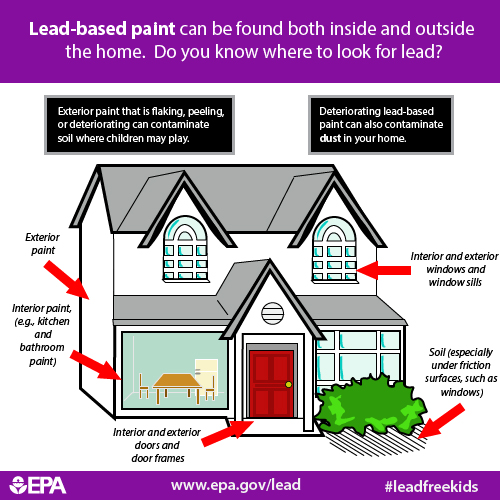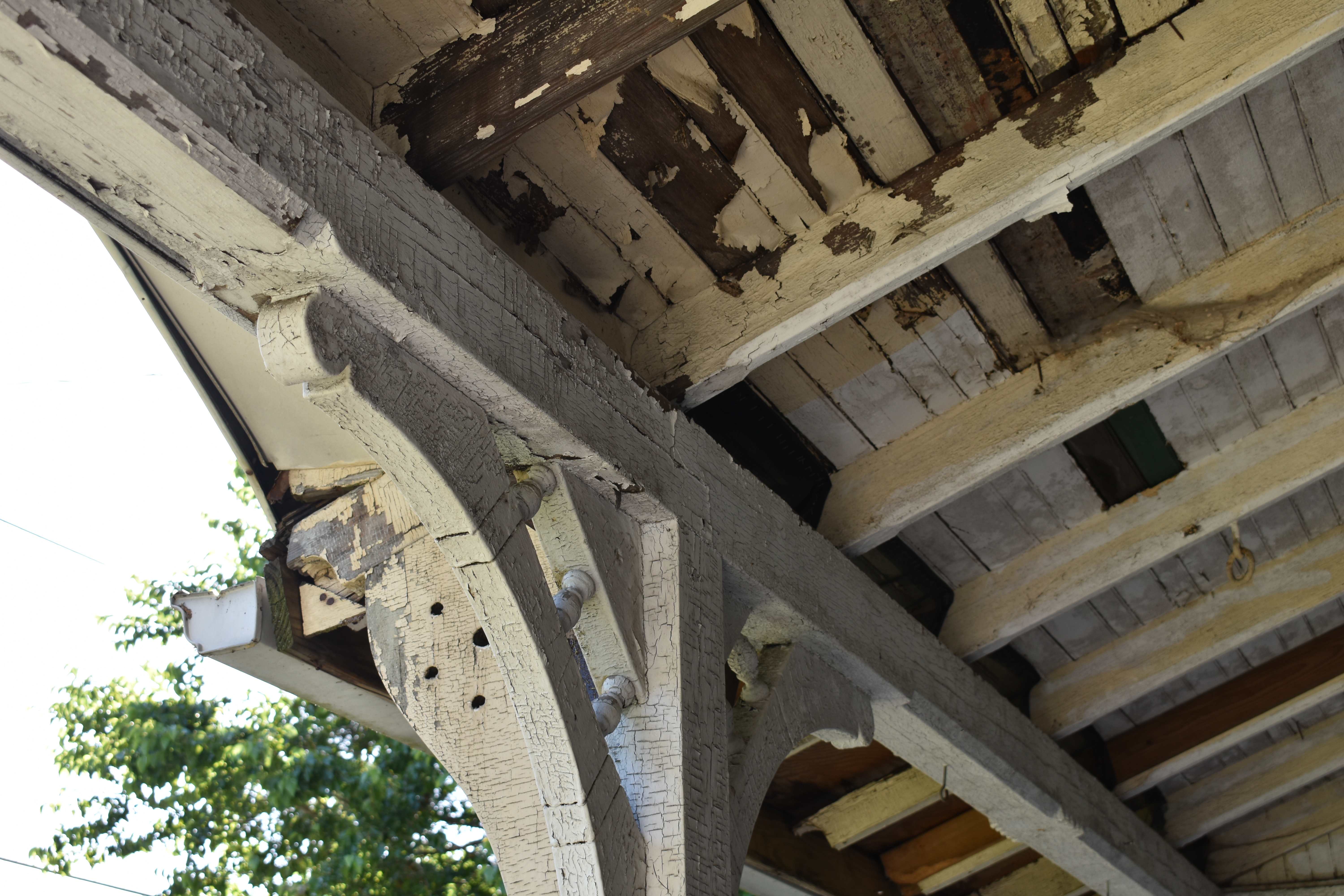Communicating With Your Property Owner
Are you unsure how to approach your property owner about the lead safe certification? If you would like support, contact the Lead Safe Resource Center at (833) 601-5323.
The issue of lead can be a scary topic to address. It may feel overwhelming. However, there are steps and processes that can be taken to make the topic a little easier to address.
The Lead Safe Cleveland Coalition is here to support and help by providing information and resources to help make our community safe from the harmful effects of lead.

The Lead Safe Process

In 2019, the City of Cleveland passed a law called the Lead Safe Ordinance. This rule says that if you own a rental property and it was built before 1978, you have to get a lead safe certification from the Department of Building and Housing to keep renting it to others.
What does that mean? It means that if there is any paint in your rental property that is chipping, peeling, or deteriorating, your property owner has to fix it. Property owners can fix the lead hazards themselves if they are EPA RRP certified to complete the work. Otherwise they will have to hire an EPA RRP certified lead safe worker.
This is important because lead can be dangerous, especially for you and your family. After fixing the lead hazards, a certified Lead Inspector will come and check if there is any lead dust left or other lead hazards. They want to make sure the amount of lead in the dust is not too high according to the standards set by the Environmental Protection Agency (EPA).

What Does This Mean For Renters?
The law will affect you if you rent a home or apartment that was built before 1978.
- If you have questions, contact the Lead Safe Resource Center at (833) 601-5323.
- Check your property: look for visible lead hazards, such as chipping or peeling paint, or dust.
- If there are lead hazards, such as chipping or peeling paint, those will need to be fixed.
- After the lead hazards are fixed or remediated, the property will need to be thoroughly cleaned to remove any leftover dust.
- A third party professional will need to visit the property to complete a clearance examination. This includes a visual assessment to look for chipping or peeling paint, or other visible lead hazards. The professional will then take dust samples to send to a certified lab.
- Once the results have passed the lab test, the property owner can apply to the City of Cleveland to receive a lead safe certification! Remember, after a lead safe certification is obtained, ongoing maintenance is important to keep the property clean and safe.

During the Lead Safe Certification process:
- Your property owner will let you know if lead safe workers need to come into your rental unit. According to the law in Ohio, property owners have to tell you 24 hours before they come in. As a renter, you have to let them in when they give you the 24-hour notice.
- Sometimes, you might be asked to move furniture or clean up before lead safe workers come. If you have pets, it's a good idea to keep them in another room while the worker is there. It's important to follow these requests. If there are interruptions or delays in the process, you and your family could still be at risk of lead hazards.
If you ever have any questions throughout this process, contact the Lead Safe Resource Center. There are several steps to the Lead Safe Certification process, and the Lead Safe Resource Center is there to help.
Check out Cleveland Housing Health to learn more about the property you live in, such as the age, lead risk level, or code violations.
Learn More About the Lead Safe Certification
Best ways to inform your property owners:
- Ask your property owners if they are aware of the Lead Safe Ordinance.
- Ask your property owner if they could use any support in obtaining the Lead Safe Certification.
- Share any information regarding resources that exist to support property owners.
- Refer your property owners to the Lead Safe Resource Center. Anyone can call at (833) 601-5323, or by email at LSRC@ehw.org.
Are you unsure about how to approach your property owner about the Lead Safe Ordinance? If you would like support, contact the Lead Safe Resource Center at (833) 601-5323.

Need help? Visit the Lead Safe Resource Center
The Resource Center is our community's one-stop-shop for lead poisoning prevention and is available to answer any questions you may have.
Frequently Asked Questions
What if the property owner of my rental unit doesn’t complete repairs when they should normally be taken care of?
If you are concerned about your property owner complying with the lead safe law, please contact the Lead Safe Resource Center at (833) 601-5323
How does the Lead Safe Certification process impact me or my family?
The law will affect you if you rent a house or apartment that was built before 1978. In order for the owner to comply with the law, as the tenant you will need to allow access to the rental unit for an inspection to check for any lead hazards, a RRP professional to remediate any lead hazards, and a clearance exam to determine if the unit is lead safe at the time of the inspection.
- If you have questions or concerns, contact the Lead Safe Resource Center at (833) 601-5323.
- Check your property: look for visible lead hazards, such as chipping or peeling paint, or dust.
- If there are lead hazards, such as chipping or peeling paint, those will need to be fixed.
- After the lead hazards are fixed or remediated, the property will need to be thoroughly cleaned to remove any leftover dust.
- A third party professional will need to visit the property to complete a clearance examination. This includes a visual assessment to look for chipping or peeling paint, or other visible lead hazards. The professional will then take dust samples to send to a certified lab.
- Once the results have passed the lab test, the property can apply to the City of Cleveland to receive a lead safe certification. Once a lead safe certification has been issued, remember to continue ongoing maintenance to keep the property clean and safe.
How can I keep myself or my children safe from lead poisoning?
There are actions you can take now to protect your family:
- Wash your child’s hands often and before eating and toys, including bottles, pacifiers, or other things they may put in their mouth.
- Regularly clean floors, windowsills, and dusty places with wet mops or wet cloths to pick up any dust. It is important to use two buckets, one for soap and one for rinsing.
- Remove shoes at the front door or before entering the home.
- Remove work clothes before wearing them throughout the house, for any household member who does construction or other work that may involve lead.
- Look for chipping or peeling paint in homes built before 1978. If renting, report it to the property owner so repairs can be made. To find out more about repairing peeling paint safely, contact the Lead Safe Resource Center
- Be careful doing renovations or work that disturbs paint. If you are doing work that disturbs paint, you may want to hire an RRP contractor who is certified by the EPA.
- Do not allow children or pets to play in bare soil.
- Ensuring a healthy diet with five servings of fruits and vegetables per day and foods containing iron, calcium and Vitamin D are beneficial. Foods such as eggs, milk, or alternatives like almonds, beans, lean meat, fish, yogurt, cheese. If a child is malnourished, the body mistakes the lead for calcium and iron. In this case, more lead could be ingested by the body.
How often should my children be tested for lead poisoning?
- Children should be tested at age 1 and 2, or up to age 6 if no previous test has been completed
- All children living in high risk zip codes and all children insured through Medicaid should have a venous (blood draw) or capillary (finger prick) test completed at 12 and 24 months and up to age 6 if no previous test has been done.
- After the test, make sure to ask the medical provider for the test results including the lead level.
- If your child obtains a finger prick test, the test must be confirmed by a second prick or one venous draw. A blood test is the only way to know if a child has been exposed to lead and has a detachable blood lead level.
How do I talk to my property owner or manager if I am worried about lead?
- This can be a hard question to ask your property owner. If you have questions, give the Lead Safe Resource Center a call at (833) 601-5323.
- The Lead Safe Resource Center team can support you and the property owner through this process.
Residents & Families
Questions? Need Help?
Send us a message.